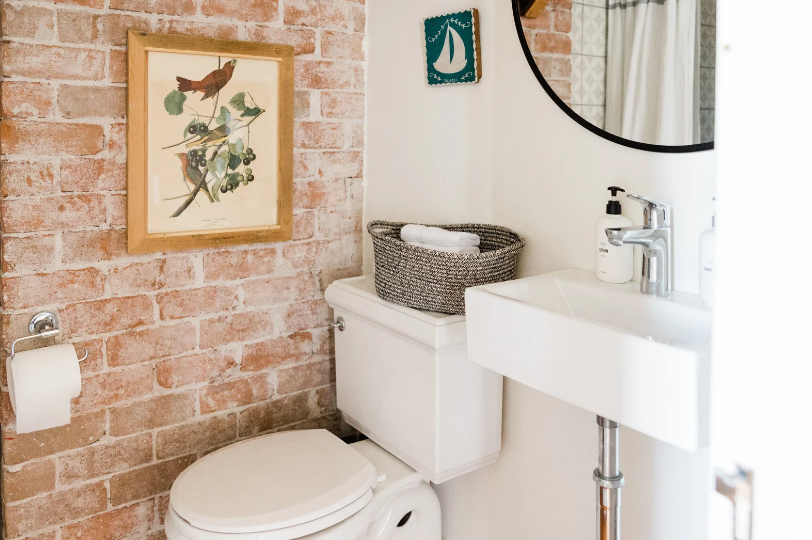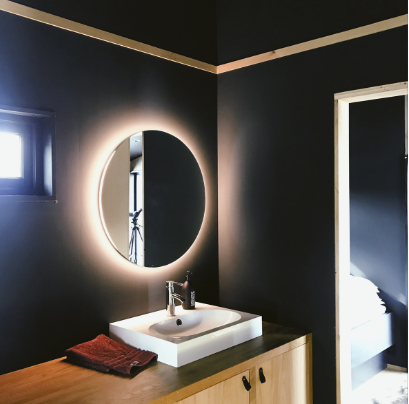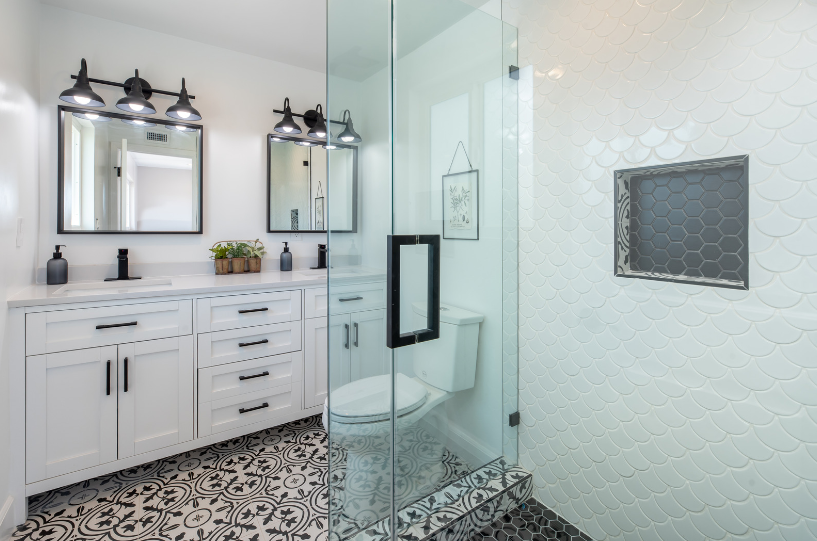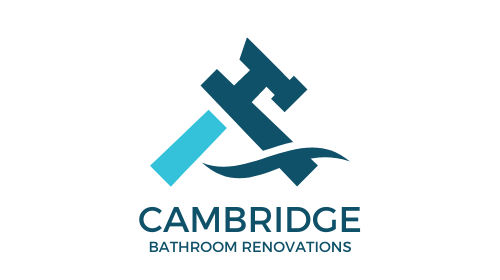Local Bathroom Renovation Regulations in Cambridge
When considering a bathroom renovation in Cambridge, it’s crucial to understand the local regulations and codes governing these projects. Compliance with these regulations not only ensures the safety and structural integrity of your renovation but also prevents potential legal issues down the line. Cambridge, like many municipalities, has specific guidelines in place to govern bathroom renovations, encompassing various aspects such as plumbing, electrical work, and structural changes.
Permit Requirements
Before starting any significant renovation work on your bathroom in Cambridge, it’s essential to check whether a permit is required. Generally, if you’re altering the layout, moving plumbing fixtures, or making structural changes, a permit is likely necessary. This applies to renovations that involve adding or removing walls, changing the location of plumbing fixtures like sinks, showers, or toilets, or altering electrical wiring.
Plumbing Regulations
Cambridge, like other cities, follows strict plumbing codes to ensure the safety and functionality of the plumbing system. When renovating a bathroom, adherence to these codes is imperative. Plumbing work typically requires a certified plumber to handle installations or modifications of fixtures like sinks, showers, bathtubs, and toilets. This ensures that the plumbing complies with local codes and that the fixtures are properly installed for optimal functionality and safety.
Electrical Codes
Electrical work within a bathroom renovation is another area governed by specific regulations. Outlets near water sources, such as sinks and bathtubs, must have ground-fault circuit interrupters (GFCIs) installed for safety purposes. Additionally, proper ventilation systems are required, especially if you’re installing exhaust fans or any fixtures involving electrical wiring. It’s essential to hire a licensed electrician to ensure all electrical work is up to code.
Structural Changes and Building Codes
If your renovation involves structural changes, such as adding or removing walls, it’s crucial to comply with building codes. These codes are in place to maintain the structural integrity of the property. Any modifications that impact the structural framework of the building, including load-bearing walls or changes affecting the foundation, must adhere to local building codes and may require an inspection by city officials.
Accessibility and Safety Measures
In recent years, accessibility regulations have become more stringent, focusing on making bathrooms safer and more accessible for people with disabilities or limited mobility. Renovations should consider these guidelines, including the installation of grab bars in showers or near toilets and ensuring that the bathroom layout allows for wheelchair accessibility if needed.
Professional Guidance and Compliance
Navigating these regulations can be complex, and it's advisable to seek professional guidance from contractors or architects familiar with Cambridge's local codes. Hiring licensed professionals ensures compliance with regulations and codes, reducing the risk of fines, delays, or safety hazards associated with non-compliance.
Conclusion
Understanding and adhering to local regulations is an essential aspect of any bathroom renovation in Cambridge. By obtaining the necessary permits, working with certified professionals, and ensuring compliance with plumbing, electrical, structural, and accessibility codes, homeowners can carry out renovations smoothly, ensuring safety, functionality, and adherence to legal requirements. Prioritizing compliance not only protects the investment in your renovation but also contributes to the overall safety and quality of your home.
You might also like



